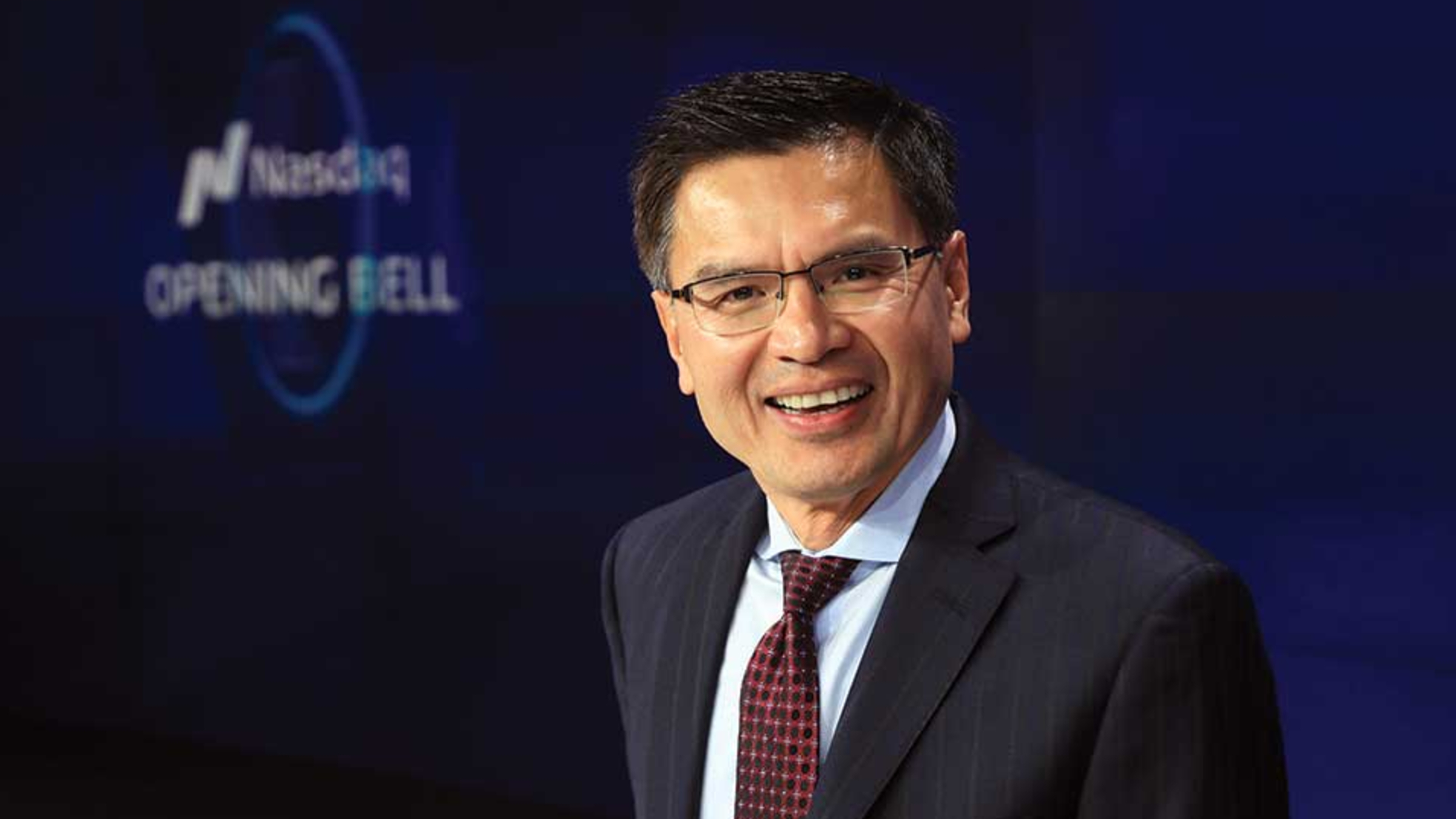
Aridis' monoclonal antibody fails PhIII, but plans for second trial anyway
Aridis Pharmaceuticals’ monoclonal antibody missed the bar in a Phase III test in ventilator-associated pneumonia caused by the gram-positive bacteria S. aureus, the company announced Wednesday.
But Aridis is planning for a second Phase III study anyway once it discusses the findings with the FDA and the European Medicines Agency. Execs blamed recruitment challenges stemming from Covid-19 and Russia’s invasion of Ukraine for the miss, cutting their enrollment target in half.
Unlock this article instantly by becoming a free subscriber.
You’ll get access to free articles each month, plus you can customize what newsletters get delivered to your inbox each week, including breaking news.